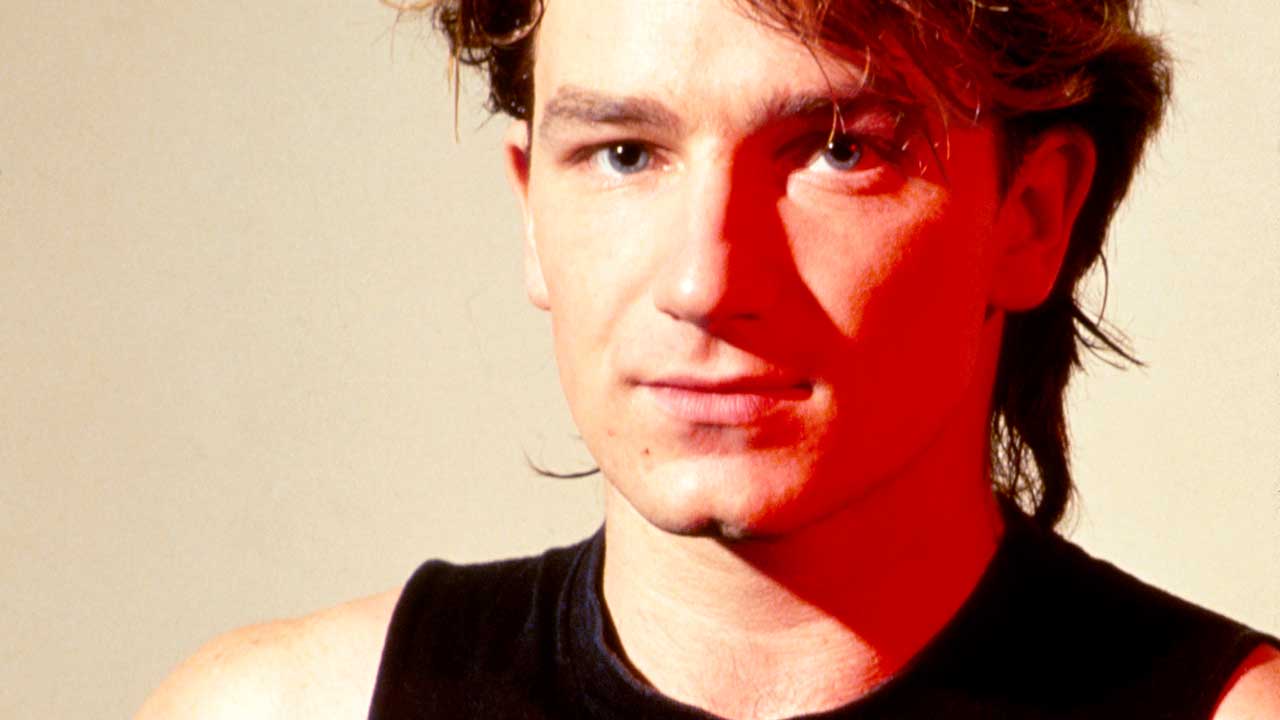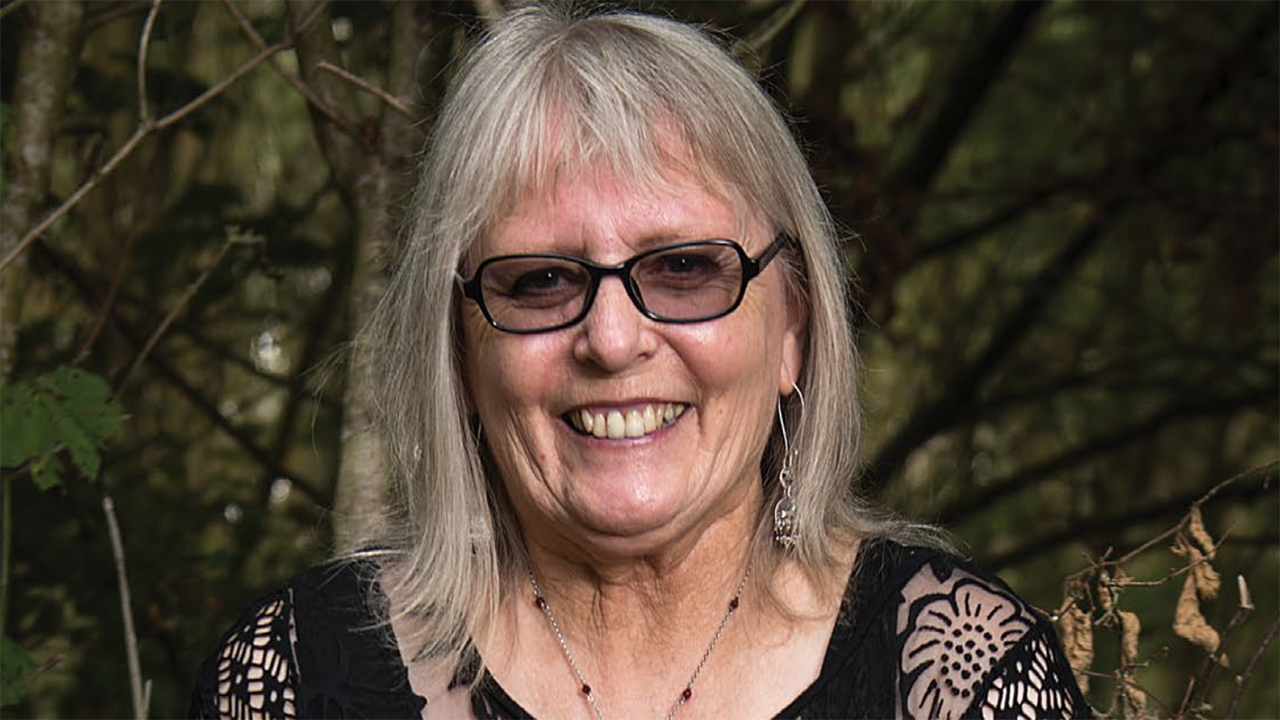The story of the gigs that got U2 a record deal
The man who gave U2 their first record deal remembers one of the band's early shows: "They’re a mess. Except for the singer, who is absolutely riveting"

Select the newsletters you’d like to receive. Then, add your email to sign up.
You are now subscribed
Your newsletter sign-up was successful
Want to add more newsletters?

Every Friday
Louder
Louder’s weekly newsletter is jam-packed with the team’s personal highlights from the last seven days, including features, breaking news, reviews and tons of juicy exclusives from the world of alternative music.

Every Friday
Classic Rock
The Classic Rock newsletter is an essential read for the discerning rock fan. Every week we bring you the news, reviews and the very best features and interviews from our extensive archive. Written by rock fans for rock fans.

Every Friday
Metal Hammer
For the last four decades Metal Hammer has been the world’s greatest metal magazine. Created by metalheads for metalheads, ‘Hammer takes you behind the scenes, closer to the action, and nearer to the bands that you love the most.

Every Friday
Prog
The Prog newsletter brings you the very best of Prog Magazine and our website, every Friday. We'll deliver you the very latest news from the Prog universe, informative features and archive material from Prog’s impressive vault.
It’s June 1979 and I’m in McGonagles – a tacky Dublin nightclub where a punk band is thrashing about underneath the plastic palm trees. They’re called U2 and, to be frank, they’re a mess. Except for the singer, who is absolutely riveting.
You can’t hear a word he’s singing but he has all the moves and more. And I don’t mean the standard rock’n’roll shapes favoured by Dublin’s current man of the moment, Phil Lynott. What this teenage kid has at his fingertips are so many thespian theatrics you might think he’d taken lessons in Jacobean tragedy from Ian McKellen.
I shout in my companion’s ear: “That guy’s either going to be another Sensational Alex Harvey or another David Bowie.”
Little did I know he’d turn into Bono and be bigger than both of them put together!
It is my job as A&R scout for CBS Records (now Sony BMG) which brings me to Ireland – the victim of a guerrilla campaign that U2’s manager Paul McGuinness has been waging on the company ever since his band started tearing up the Emerald Isle some six months previously.
And while what I’m hearing doesn’t convince me, what I see prompts me to return a couple of weeks later and give the guys a second chance.
This time Bono isn’t just riveting, he’s a revelation – bobbing and weaving and whooping, his voice soaring high in the mix. At his side, playing broken open chords without the benefit of the echo box that would eventually become his trademark, The Edge suggests that he too might be a cut above the average with a six-string razor.
Sign up below to get the latest from Classic Rock, plus exclusive special offers, direct to your inbox!
Earlier I’d spent the afternoon with the band at Adam Clayton’s parents’ house and been read the rock gospel according to U2.
“Rock’n’roll’s always been about rebellion, hasn’t it? Elvis Presley in the 1950s and then bands like The Rolling Stones in the 60s with their long hair and their drugs,” Bono told me earnestly. “The trouble is it’s all become such a stock image. It makes me sick because if you start talking about anything else, like innocence or something, people don’t want to know. It frightens them.”
- 10 of the best rock bands from Ireland
- Warren Haynes turns U2 classic inside-out
- How U2’s The Joshua Tree changed my life, by Magenta’s Rob Reed
- Read Classic Rock, Metal Hammer & Prog for free with TeamRock+
Not me. I’m mightily impressed. Back in London I persuade my boss Muff Winwood that we should cut some demos, with me producing, which CBS can release as a single in Ireland, before deciding whether we want to do the worldwide deal which McGuinness craves.
So it is that Windmill Lane Studios is booked for two overnight sessions during August Bank Holiday 1979, and the tracks (Out Of Control, Stories For Boys and Boy/Girl) which will make up their first EP U2 Three finally get recorded.
Around about four in the morning on that first night Bono and I nearly come to blows as the recording session becomes somewhat fraught. Me being a bloody Londoner and all. But that’s another story for another day.
As a freelance writer Chas has contributed to The Guardian, NME, Kerrang!, Sounds, Record Mirror, Time Out, Mojo, Classic Rock, Record Collector, Music Week, Audience and Live UK. Chas also produced the first two singles by fledgling Irish supergroup U2 and was instrumental in signing or developing the chart-topping careers of Eighties acts Shakin’ Stevens, Adam and The Ants and Paul Young.

